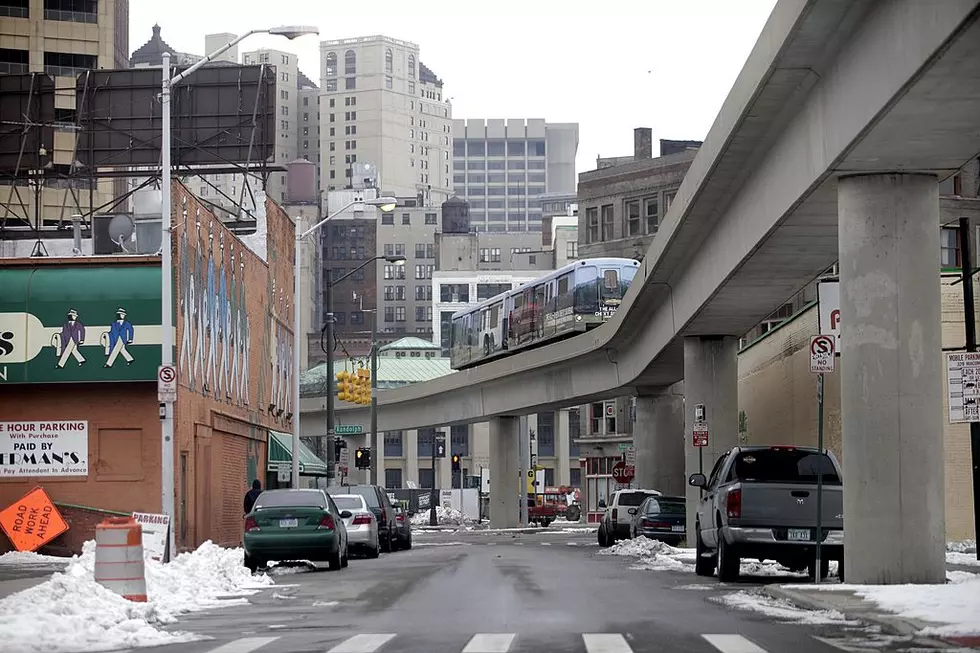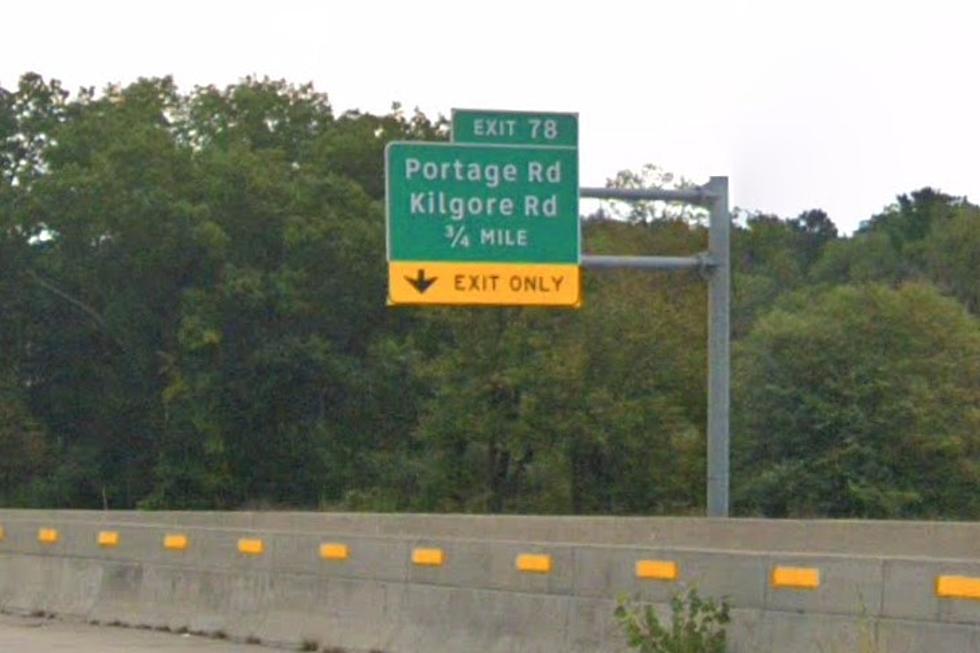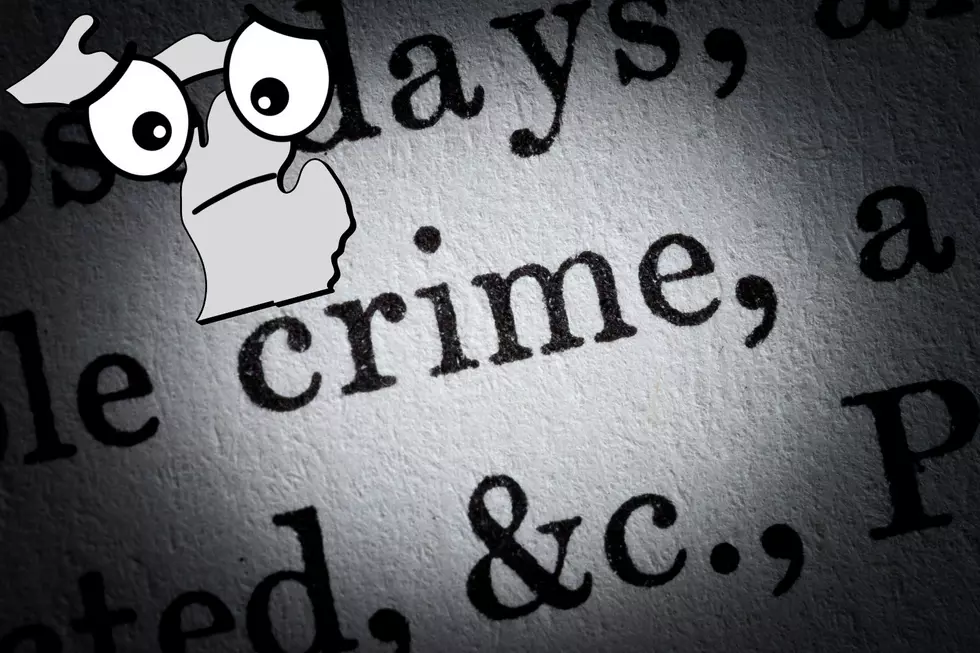
Is more Public Transit In Michigan Needed?
A certain political party seems to consistently trying to spend more tax payer money on public transportation here in the state of Michigan. The state that relies heavily on private transportation, you may have heard of the automotive industry.
The Michigan Capitol Confidential is reporting on yet another attempt to push more public transportation on the citizens of Michigan at our expense of course. Did you know that transit fees, those paid by the people who actually ride public transportation typically cover less than 20% of the operating cost? That is why I say at public expense in case anyone thought that the riders cover the cost.
Did you also know that according to the U.S. Census Bureau more people walk to work in Michigan than use public transit? Another piece of information to keep in mind when thinking about this issue.
According to the Michigan Capitol Confidential:
Elected officials in Southeast Michigan want to put another tax hike on the ballot to pay for more bus lines or whatever else they may fit into their tax-and-spend transit plan. They also want state lawmakers to change some of the rules about funding transit before they seek to get it approved.
The first question is do we need more money spent on public transportation?
According to the article in the Michigan Capitol Confidential:
the metro Detroit plans tend to be just a list of how things officials plan to spend the money on. They propose to create dedicated bus lanes or new routes or rail commuter lines, and typically overpromise ridership numbers and underestimate costs. The services may give some people what they want at public cost, but the focus of the plan is clearly just to spend more money on transit-related projects rather than focused on getting people in need where they want to go.
There are already a number of transit agencies that exist in the metro Detroit region and demand is down. The number of rides from the Detroit Department of Transportation fell from 35.7 million rides in 2010 to 23.3 million rides in 2018, a 35% decrease.
So what do we do; well as stated once again in the article:
If bus fares instead paid for these services then there wouldn’t be a need for public subsidies. Managers would place bus routes where they maximize revenues and pay for their costs. Public subsidies may look different, too, if transit agencies were self-sufficient. Subsidies could be for people who have special transportation needs or used to just benefit low-income households. Instead, today’s public subsidies go to pay for these services, regardless of who is using them and regardless of whether they do a good job getting people where they want to go.
And until that basic model changes, adding new transit taxes won’t solve any problems and only cost taxpayers more. It’s about taxing and spending. If proponents’ plans get placed before voters, they ought to be skeptical that their money will be used well.
The entire existence of government should be to run their primary duties efficiently and effectively and then actually solve problems that arise from within or outside of those duties. Most of all be as frugal as possible in spending other people’s money, us taxpayers should demand that at every level and every single appropriation.
More From WBCKFM









